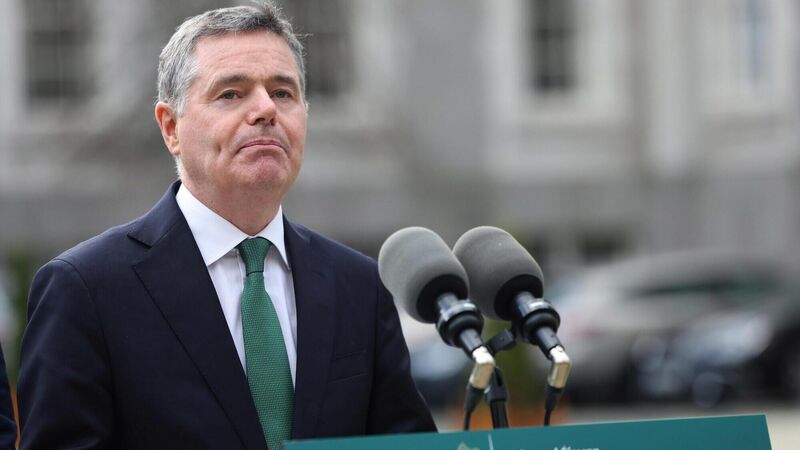Literary politicians are few and far between — but that's a recent trend

Paschal Donohoe has reviewed books for the papers and radio shows, judged literary competitions and frequently surprised authors at launches and literary festivals by having actually read their work.
This November marks the departure of two men from different sides of the political spectrum from public life, as Michael D Higgins retires, and Paschal Donohoe starts his new role in the World Bank.
One thing they do have in common, however, is their interest in literature. Everybody knows Higgins is a poet and a public intellectual.













